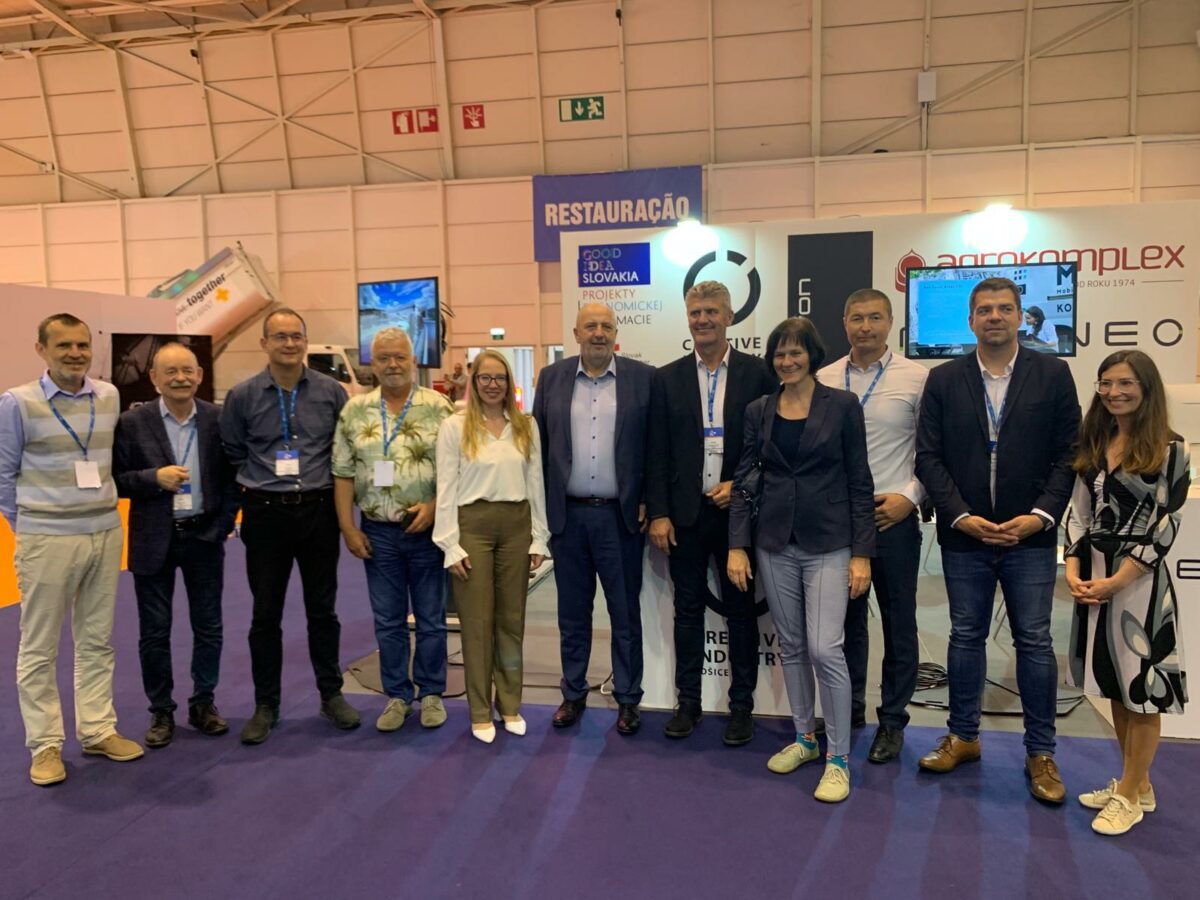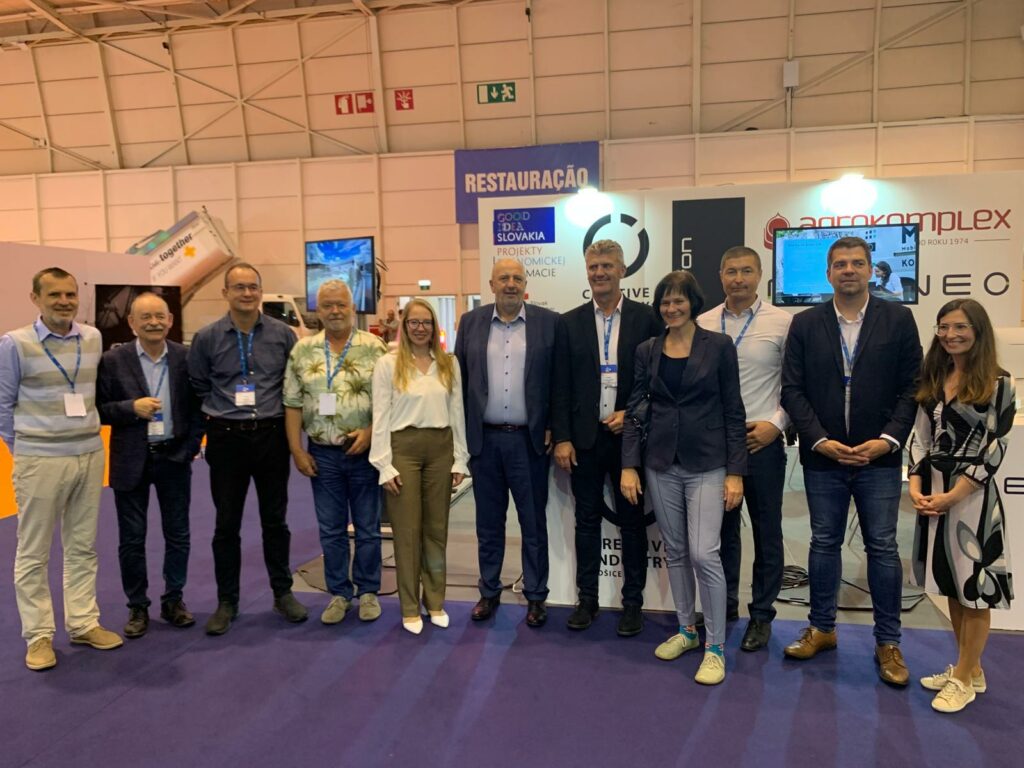NSCC and NCC for HPC at the Portugal Smart Cities Summit 2025
What will the cities of the future look like? What technologies will transform them into smart, sustainable, and inclusive environments for living and working? These were among the key topics discussed at the Portugal Smart Cities Summit, one of the largest trade fairs focused on smart technologies, held from 3 to 5 June 2025 in Lisbon. The National Supercomputing Centre and the National Competence Centre for HPC were present at the event and took the opportunity to meet with representatives of the business mission organized by the Regional Chamber of SOPK Trnava, in cooperation with the Embassy of the Slovak Republic in Lisbon. Thanks to this initiative, there was not only a chance to present Slovak innovations abroad, but also to engage in dialogue on how modern technologies, research, and high-performance computing can contribute to the transformation of cities and regions.
In addition to participating in the trade fair itself, we had the opportunity to take part in bilateral meetings and informal discussions with innovative Slovak companies that brought their technological visions to Portugal.
Slovak companies showcasing the future today
Triton Systems is a technology company focused on modern solutions for smart parking and automated ticketing that simplify the management of urban parking services. An interesting aspect of our discussion, however, was their specific interest in using HPC for training their own AI model. The company plans to deploy a customer support chatbot equipped with features such as speech-to-text recognition and natural language processing (NLP).
IoMobility is building a comprehensive urban mobility ecosystem that connects public transport, shared bikes, e-mobility, carsharing, and other services—all within a single platform with unified account management, payments, and journey planning. Thanks to the integration of a large volume of location and transport data, there is a real opportunity to leverage HPC for training advanced AI models, simulating residents’ mobility behaviour, or optimising infrastructure investments.
Nexineo presented an elegant solution for schools and businesses—virtualisation of computer classrooms and offices. Instead of traditional desktop computers, students and employees use so-called thin clients connected to a centralised server. This model significantly reduces energy consumption and maintenance needs. With HPC, there is an opportunity to scale computing power based on user needs, or even provide access to more demanding computational tools for schools focused on science, technology, or design.
Creative industries and urban data: a connection with potential for HPC
As part of the summit, we also had a highly inspiring discussion with a representative of Creative Industry Košice (CIKE) – an organisation that connects the creative sector, cultural actors, designers, and technological innovators. CIKE focuses on building international partnerships, supporting mobility, education, and the development of data-driven urban strategies based on citizen participation.
A particularly interesting aspect was the use of data in planning and evaluating urban policies, cultural activities, and community development. This is precisely where supercomputing power could bring significant added value—for example, in analysing large urban data sets or modelling the impacts of cultural events on infrastructure., alebo pri využití strojového učenia na identifikáciu vzorcov správania obyvateľov.
The aim of our participation was not only to present the possibilities of high-performance computing (HPC) to Slovak companies, but also to build bridges between industry, research, and technology. The Portugal Smart Cities Summit proved to be an ideal platform for exchanging ideas, building partnerships, and demonstrating that Slovakia, too, has much to offer on the European stage of innovation for smart cities.
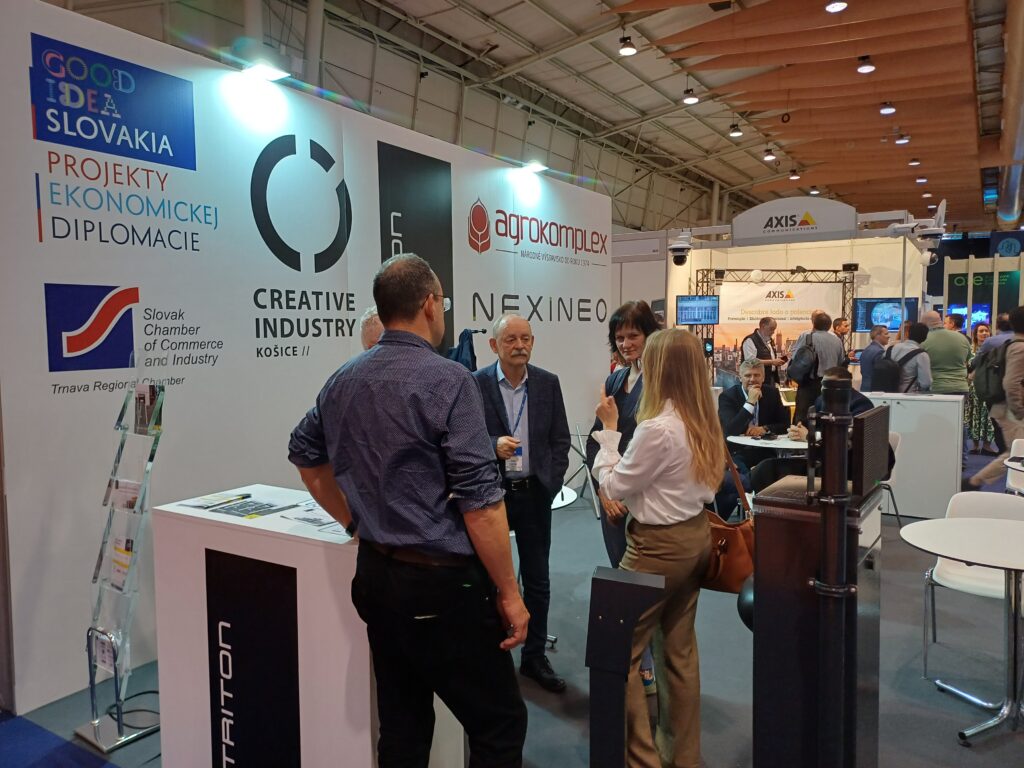
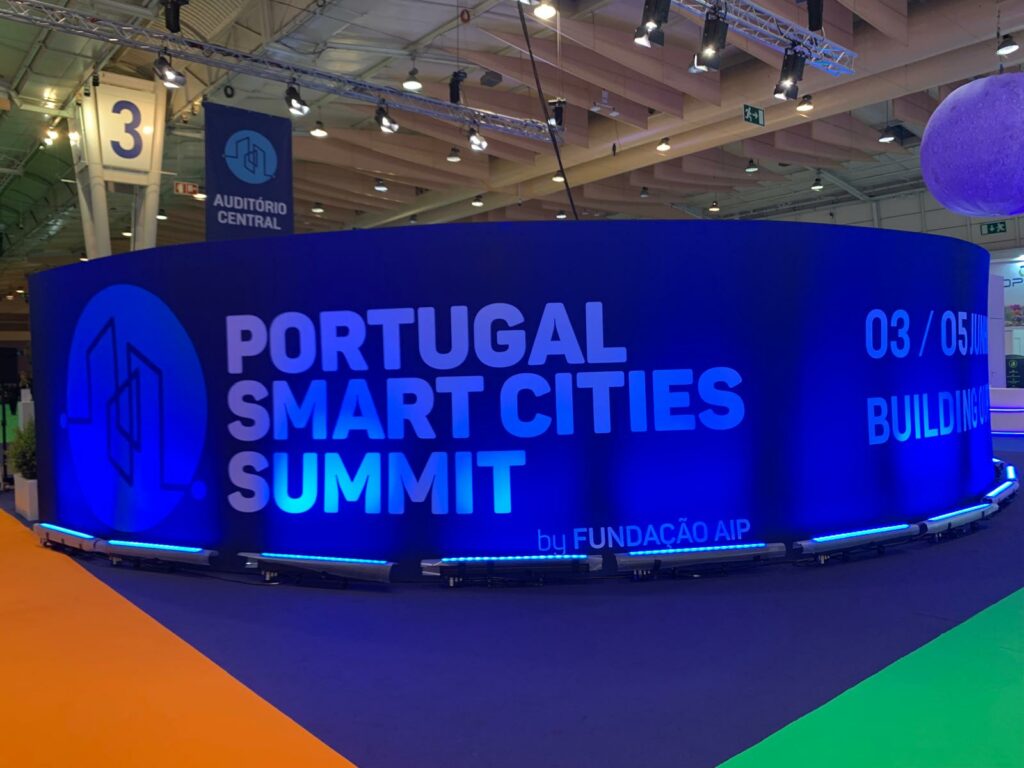
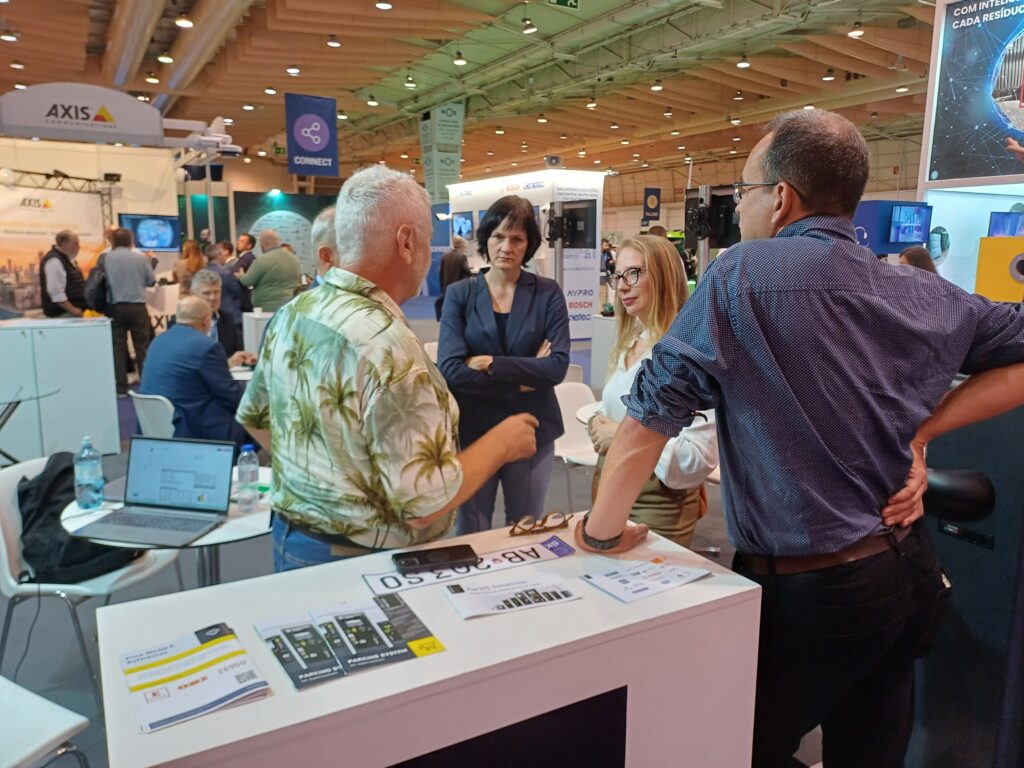
 BeeGFS in Practice — Parallel File Systems for HPC, AI and Data-Intensive Workloads 6 Feb - This webinar introduces BeeGFS, a leading parallel file system designed to support demanding HPC, AI, and data-intensive workloads. Experts from ThinkParQ will explain how parallel file systems work, how BeeGFS is architected, and how it is used in practice across academic, research, and industrial environments.
BeeGFS in Practice — Parallel File Systems for HPC, AI and Data-Intensive Workloads 6 Feb - This webinar introduces BeeGFS, a leading parallel file system designed to support demanding HPC, AI, and data-intensive workloads. Experts from ThinkParQ will explain how parallel file systems work, how BeeGFS is architected, and how it is used in practice across academic, research, and industrial environments.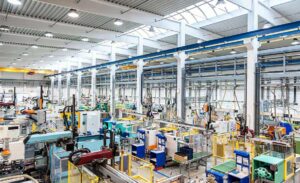 When a production line knows what will happen in 10 minutes 5 Feb - Every disruption on a production line creates stress. Machines stop, people wait, production slows down, and decisions must be made under pressure. In the food industry—especially in the production of filled pasta products, where the process follows a strictly sequential set of technological steps—one unexpected issue at the end of the line can bring the entire production flow to a halt. But what if the production line could warn in advance that a problem will occur in a few minutes? Or help decide, already during a shift, whether it still makes sense to plan packaging later the same day? These were exactly the questions that stood at the beginning of a research collaboration that brought together industrial data, artificial intelligence, and supercomputing power.
When a production line knows what will happen in 10 minutes 5 Feb - Every disruption on a production line creates stress. Machines stop, people wait, production slows down, and decisions must be made under pressure. In the food industry—especially in the production of filled pasta products, where the process follows a strictly sequential set of technological steps—one unexpected issue at the end of the line can bring the entire production flow to a halt. But what if the production line could warn in advance that a problem will occur in a few minutes? Or help decide, already during a shift, whether it still makes sense to plan packaging later the same day? These were exactly the questions that stood at the beginning of a research collaboration that brought together industrial data, artificial intelligence, and supercomputing power. Who Owns AI Inside an Organisation? — Operational Responsibility 5 Feb - This webinar focuses on how organisations can define clear operational responsibility and ownership of AI systems in a proportionate and workable way. Drawing on hands-on experience in data protection, AI governance, and compliance, Petra Fernandes will explore governance approaches that work in practice for both SMEs and larger organisations. The session will highlight internal processes that help organisations stay in control of their AI systems over time, without creating unnecessary administrative burden.
Who Owns AI Inside an Organisation? — Operational Responsibility 5 Feb - This webinar focuses on how organisations can define clear operational responsibility and ownership of AI systems in a proportionate and workable way. Drawing on hands-on experience in data protection, AI governance, and compliance, Petra Fernandes will explore governance approaches that work in practice for both SMEs and larger organisations. The session will highlight internal processes that help organisations stay in control of their AI systems over time, without creating unnecessary administrative burden.
